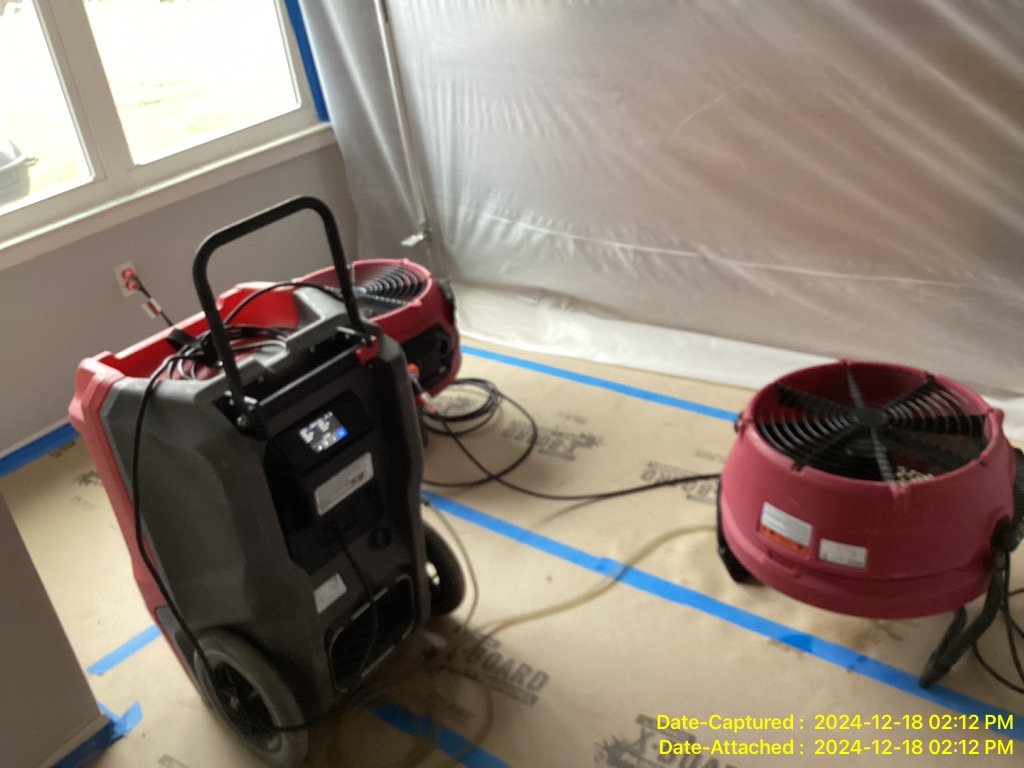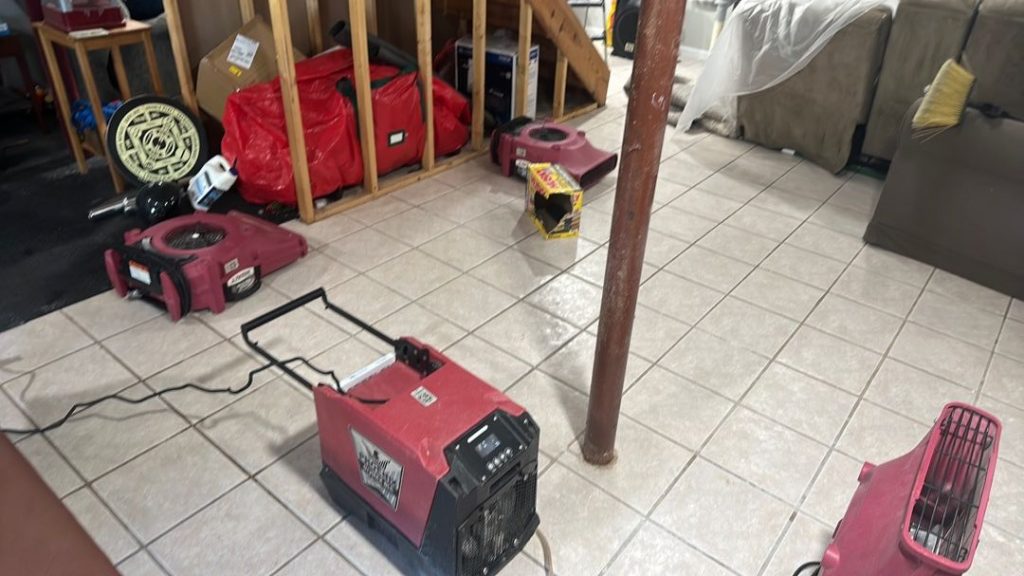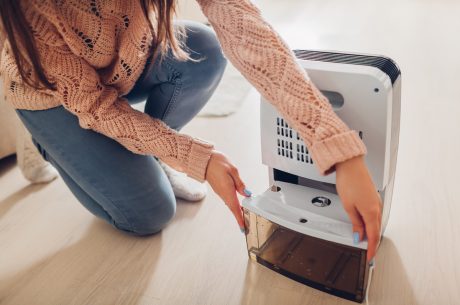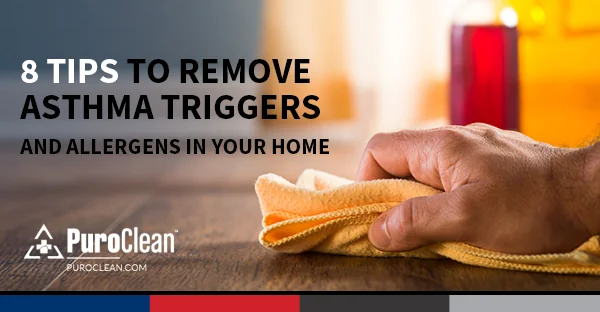Table of Contents
Imagine coming home after a long day to find water dripping from your ceiling, pooling on the floor, and a musty smell hinting at hidden mold growth. As a renter in Plymouth Meeting, this isn’t just an inconvenience it’s a potential health hazard and a disruption to your daily life.
You’re worried about your family’s well-being, the safety of your belongings, and whether your landlord will step up quickly. Sound familiar? You’re not alone. Thousands of tenant’s face mold or water damage emergencies every year, often feeling overwhelmed by the process.
But here’s the good news: Pennsylvania law protects you with clear tenant rights, and knowing who to contact can make all the difference in resolving the issue swiftly and safely.
In this comprehensive guide, we’ll walk you through everything you need to know about handling a mold or water damage emergency in PA as a tenant. From understanding landlord obligations to practical steps for getting help, we’ll empower you with actionable insights.
As leaders in property damage restoration, PuroClean is here to help ensure your home is restored to a safe, livable condition while complying with PA tenant rights. Let’s dive in and turn this stressful situation into a manageable one.
What Causes Mold and Water Damage Emergencies in Rental Properties?
Mold and water damage often go hand in hand, creating urgent situations for tenants. Water damage can stem from burst pipes, leaking roofs, faulty appliances, or even heavy storms common issues in Pennsylvania’s variable weather.
If not addressed promptly, standing water fosters mold growth within 24-48 hours, leading to black spots on walls, respiratory issues, and structural weakening.
As a tenant, you might notice early signs like damp carpets, warped floors, or a persistent earthy odor. These aren’t just cosmetic problems; they can escalate into health risks, especially for those with allergies or asthma.
In PA, where humid summers and snowy winters amplify moisture problems, renters in apartments or houses are particularly vulnerable. For instance, a small leak from an upstairs neighbor’s bathroom could flood your unit overnight, turning a minor drip into a full-blown mold or water damage emergency.
Understanding these causes helps you act fast. Semantic issues like “flooding in rentals” or “moisture issues for PA tenants” often point to the same root problems. By recognizing them early, you can prevent minor leaks from becoming major headaches.

Your Tenant Rights in Pennsylvania for Mold and Water Damage
Pennsylvania doesn’t have specific statutes just for mold, but that doesn’t mean you’re unprotected. The state’s laws emphasize safe, habitable living conditions, giving you strong leverage in a mold or water damage emergency in PA.
The Implied Warranty of Habitability: Your Legal Shield
At the core of your protections is the “implied warranty of habitability.” This legal principle, established through court decisions, requires landlords to maintain rental properties in a livable state throughout your lease.
It covers essentials like functioning plumbing, secure structures, and freedom from health hazards directly applying to water damage and mold.
If mold from water intrusion makes your home unsafe (e.g., causing breathing difficulties or structural risks), your landlord must fix it.
This warranty can’t be waived in your lease, no matter what fine print says. In real-life terms, if a leaking roof leads to mold in your bedroom, withholding rent or pursuing repairs could be options if the landlord drags their feet.
Landlord Obligations: What They Must Do and When
Landlords in PA are responsible for repairing issues not caused by tenant negligence. For emergencies like active flooding or visible toxic mold, they must act quickly often within 24 hours to prevent further damage.
Non-emergencies allow a “reasonable” time, typically up to 30 days, but mold growth demands prompt attention due to health implications.
Key obligations include:
- Inspecting and repairing sources of water intrusion, like broken pipes or roofs.
- Removing mold and drying affected areas to prevent recurrence.
- Providing temporary housing if the unit becomes uninhabitable.
If your landlord ignores your reports, document everything photos, emails, and health impacts to build a case. PA courts have ruled in favor of tenants in cases like Bodon-Soto v. Cohen, where a landlord paid $150,000 for mold-related negligence. This shows how seriously the state takes these issues.
Step-by-Step: What to Do During a Mold or Water Damage Emergency in PA
Facing a mold or water damage emergency in PA as a tenant? Stay calm and follow these practical steps to protect yourself and your rights. These aren’t generic tips—they’re tailored to PA’s legal framework and real-world scenarios.
- Assess and Secure the Area Immediately: Turn off water sources if safe (e.g., shut-off valve under a sink). Move valuables to dry spots and ventilate the space with fans or open windows to reduce moisture. Avoid touching mold directly to prevent health risks.
- Notify Your Landlord in Writing: Send a certified letter or email detailing the issue, including dates, photos, and potential health effects. This creates a paper trail essential for PA tenant rights enforcement. For example, “I’ve discovered water damage from a leaking ceiling in the living room, leading to visible mold. This poses a health risk please address immediately.”
- Document Everything Thoroughly: Take time-stamped photos, note symptoms, and keep repair estimates. If mold is suspected, consider a professional inspection (more on that below).
- Allow Reasonable Time for Response: Emergencies require fast action, but give non-urgent fixes up to a few weeks. If ignored, escalate to authorities.
- Pursue Remedies if Needed: Options include “repair and deduct” (fix it yourself and subtract from rent, up to one month’s amount) or rent withholding (place funds in escrow). Always consult legal aid first to avoid eviction risks.
Real-life example: Sarah, a tenant in Philadelphia, noticed water stains after a storm. She notified her landlord, but weeks passed with no action. Documenting the growing mold, she contacted local code enforcement, leading to a quick fix and compensation for her troubles.

Who to Contact: Key Resources for Tenants in PA
Knowing who to reach out to can resolve your mold or water damage emergency in PA faster. Start close to home and escalate as needed.
First Line of Defense: Your Landlord or Property Manager
Always begin with your landlord they’re legally obligated to handle repairs. Provide written notice and follow up. If they’re unresponsive, remind them of PA’s habitability laws to encourage action.
These authorities can inspect, cite violations, and force repairs. For instance, if mold levels are hazardous, they might declare the unit uninhabitable, allowing you to break your lease without penalty.
Professional Restoration Experts: Why Call PuroClean
For safe, effective remediation, involve certified professionals like PuroClean. We’re not just cleaners we’re IICRC-certified specialists in water extraction, mold removal, and structural drying. As a tenant, recommend us to your landlord; we ensure work complies with PA tenant rights, preventing disputes.
Our process includes:
- 24/7 emergency response to mitigate damage.
- Advanced tools like moisture meters and HEPA air scrubbers.
- Coordination with insurance and landlords for seamless recovery.
In one case, a renter faced basement flooding from a burst pipe. Their landlord hired PuroClean, and we restored the space in days, avoiding mold spread and health issues.

Preventing Mold and Water Damage in Your PA Rental
Prevention beats cure. As a tenant, report leaks immediately. Use exhaust fans in bathrooms, keep humidity below 60%, and avoid blocking vents. Suggest your landlord install dehumidifiers or improve insulation small steps that align with PA’s habitability standards.
Real-Life Tenant Stories: Lessons from PA Mold and Water Damage Cases
Take Mike from Scranton: A slow pipe leak led to black mold in his walls. He notified his landlord but got no response. After contacting the local health department, an inspection revealed violations, prompting immediate repairs. Mike’s story highlights the power of documentation and escalation.
Or consider a family dealing with roof leaks after winter storms. They involved PuroClean early, and our team not only fixed the damage but educated the landlord on preventive maintenance, saving everyone future headaches.
These examples show that proactive tenants, armed with knowledge, often get faster resolutions.
Conclusion
Dealing with a mold or water damage emergency in PA as a tenant can feel daunting, but you’re equipped with strong rights and resources.
From notifying your landlord to involving local authorities and professionals, taking swift action protects your health, home, and wallet. Remember, Pennsylvania’s implied warranty of habitability ensures you deserve a safe space don’t settle for less.
FAQ: Common Questions About Mold or Water Damage Emergencies in PA for Tenants
Who is responsible for fixing mold or water damage in a PA rental?
Landlords are typically responsible unless caused by tenant negligence. Under PA’s implied warranty of habitability, they must repair issues affecting livability promptly.
How long does my landlord have to fix a mold or water damage emergency in PA?
For emergencies like active flooding, expect action within 24 hours. Non-urgent fixes allow up to 30 days, but mold requires quick response to avoid health risks.
What if my landlord ignores my report of water damage or mold in PA?
Document everything and contact local housing authorities or health departments. You may withhold rent or repair and deduct, but seek legal advice first.
Can I break my lease due to mold or water damage in Pennsylvania?
Yes, if the issue makes the unit uninhabitable. Get an inspection from authorities to support your case and avoid penalties.
Who should I call first in a mold or water damage emergency as a PA tenant?
Start with your landlord via written notice. If no response, call local code enforcement or DEP at 866-255-5158 for environmental concerns.
Do I need to pay for mold testing as a tenant in PA?
Not usually landlords should cover inspections if the issue stems from property defects. Recommend professional services like PuroClean for accurate assessments.
Protect Your Investment & Restore Your Peace of Mind
Don’t let water damage and potential mold growth overwhelm you. Contact PuroClean of Lansdale today at (267) 834-5900 for a free consultation. We’ll be there to guide you through the restoration process and ensure your property is restored quickly, safely, and efficiently.


